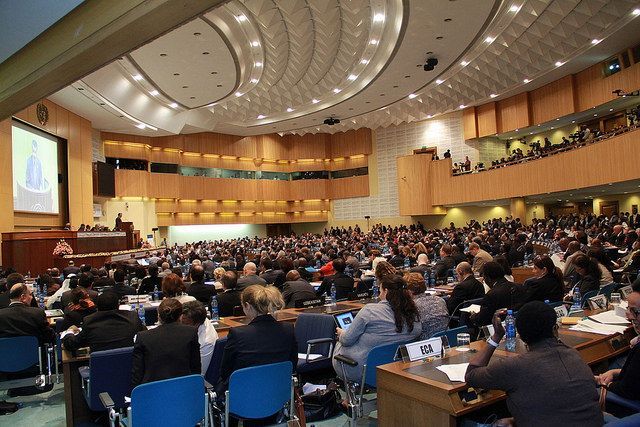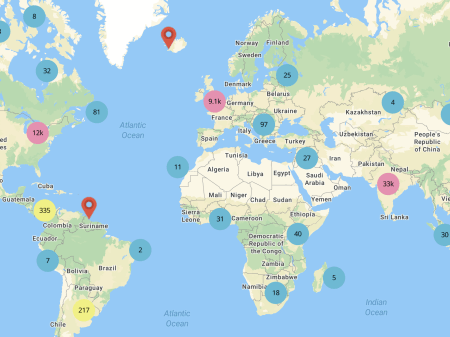
High-level political representatives and other stakeholders met in Addis Ababa on 13-16 July for the Third International Conference on Financing for Development. The meeting resulted in an intergovernmentally negotiated and agreed outcome of the Financing for Development process, which includes several mentions to co-operatives namely:
“13. (…) We will strengthen our efforts to enhance food security and nutrition and focus our efforts on smallholders and women farmers, as well as on agricultural co-operatives and farmers’ networks.”
“39. (…) We will also support microfinance institutions, development banks, agricultural banks, mobile network operators, agent networks, co-operatives, postal banks and savings banks as appropriate.”
“43 (…) National development banks, credit unions, and other domestic financial institutions can play a vital role in providing access to financial services.”
The paper also recognizes that co-operatives are part of the private sector but they are different from multinationals or other types of enterprises:
“35. Private business activity, investment and innovation are major drivers of productivity, inclusive economic growth and job creation. We acknowledge the diversity of the private sector, ranging from micro-enterprises to co-operatives to multinationals."
This was an important step in the Post-2105 Development Agenda as the FfD will be the main reference and centerpiece for the implementation of the Sustainable Development Goals. Co-operatives all over the world can now use these references if they wish to be included in the national sustainable development plans that will be in place from 2016-2030.
“We will continue our efforts for further recognition in the final outcome document due to be approved in September in the UN,” said Rodrigo Gouveia, policy director of the International Co-operative Alliance.
The full text of the FfD agreement can be found here.
Photo: UN FfD meeting in Addis Ababa




